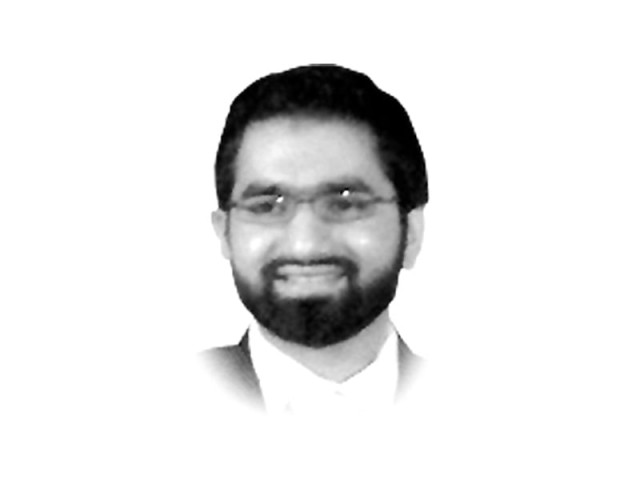A night well spent in the emergency room
By not taking risks to live the life we want to live, we’re not just living Plan ‘B’. We’re wasting our health, youth

The writer is the recipient of the James A Wechsler Award for International Reporting and a graduate of Columbia University’s Graduate School of Journalism
Everyone has a Plan ‘A’ for their lives, argued a close friend, after my night at the hospital. Plan ‘A’ is the life we want to live. And then we develop a Plan ‘B’, in case we can’t live the life we want to. In a conformist society like Pakistan, where failure amounts to social suicide, we spend more time thinking and acting on Plan ‘B’ than on Plan ‘A’. Somewhere between our personal fears and social compromises, we find ourselves living our Plan ‘B’, i.e., the back-up life, simply because it requires less risk and effort. Plan ‘B’ for a young man from the middle class goes something like this: graduate from a top-tier university, get a job at a high paying multinational company or join the family business, get married, have children, save enough money to buy a house for the family, get your children educated and married. Fall sick slowly and die.
Perhaps, in Pakistani society, the decision to pursue Plan ‘B’ is actually rational and intelligent because the social opportunity cost of risk and failure is so high. This holds true until you spend some time at the hospital. It’s there that you realise that not taking a risk is the biggest risk in your life. In the hospital, previously able-bodied men and women moan and grieve in pain as they feel their physical capacities diminish, even after living safe, risk-minimising, Plan ‘B’ lives. They could have achieved so much more with their full physical capacity gifted to them by God and now, they watch in pain as these capacities are slowly snatched away. What more could we have done with these gifts while we had them?
This brings us to Plan ‘A’. The lives we should live but are too afraid to live. What are we so afraid of? I recently met Jibran Nasir, the young activist working with civil society members to reclaim Pakistan’s mosques by getting imams to condemn the Peshawar attack. While Jibran has a death threat on his head by militants angry with his campaign, we met without any security arrangements in a busy Karachi cafe. I asked him why he wasn’t afraid for his life and he responded by telling me a story. “Suppose I leave this cafe and someone tries to steal my mobile, shooting me in the process,” says Jibran. “He would sell my mobile for 2,000 rupees. My life is already worth 2,000 rupees. I might as well give some meaning to it by doing some good.”
A week later, I was back at the hospital, this time for a surgery on my father. Two hours after going into the operation theatre, I got a call from his doctor. “Are you the patient’s son? We need you to come inside and see us urgently. Please come quick.” I’ve never run faster. I’ve never been more afraid for a father who never smoked a single cigarette nor indulged in life’s many vices. “Why him?” I thought as I failed thrice in my effort to call my mother while I was running. “There were complications in the surgery,” the doctors told me. “The surgery wasn’t successful as planned but your dad is doing okay and is out of any immediate danger.”
A friend of mine used to joke: if you don’t smoke, drink or womanise, it’s not that you live longer, it just feels longer. On a serious note, here’s what I learned from my time at the hospital: by not taking risks to live the life we want to live, we’re not just living Plan ‘B’ lives. We’re wasting God’s greatest gifts to us — health and youth — before they’re taken away from us.
Published in The Express Tribune, January 15th, 2015.
Like Opinion & Editorial on Facebook, follow @ETOpEd on Twitter to receive all updates on all our daily pieces.













COMMENTS
Comments are moderated and generally will be posted if they are on-topic and not abusive.
For more information, please see our Comments FAQ